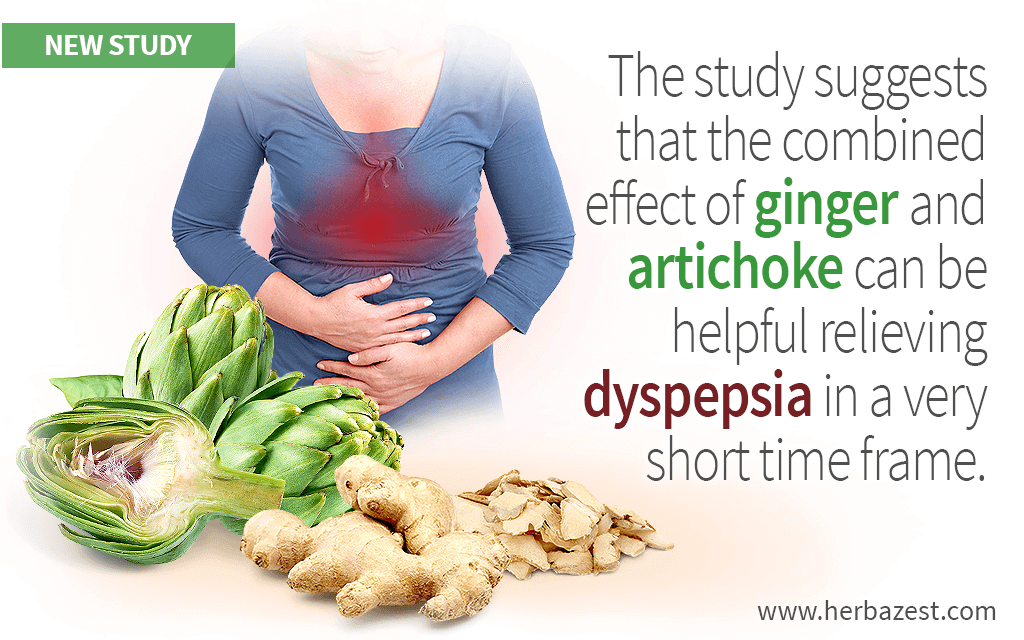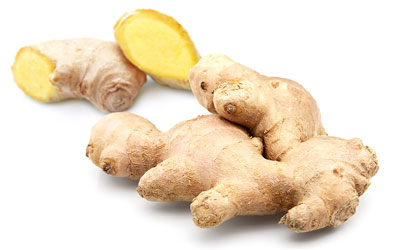A team of researchers working together from a number of different institutions in Italy recently published the results of a randomized, double blind trial which had been conducted over the course of a month showing how the use of ginger and artichoke could provide a potential treatment for dyspepsia. The findings may prove helpful for combating chronic heartburn and indigestion.
The Study
This trial was conducted with one group taking the combined supplement of artichoke leaves and ginger, which contained 100 mg of artichoke and 20 mg of ginger extracts. They took two capsules of these supplements per day each time after a meal. As a control, the other group took a placebo, a sham pill without any active ingredients.
The study was conducted on 126 patients between the ages of 18 and 70 who all suffered from functional dyspepsia. The patients were asked to rate the difference they felt after the four weeks taking the supplement (or placebo). The ratings were numbered between 0 and 3. Zero indicated no change in symptoms or a worsening of them, 1 indicated a slight improvement, 2 showed a clear improvement, and 3 meant that symptoms had been resolved. The initial symptoms of dyspepsia experienced by the patients were also rated on a scale of 0 to 3, with 0 being extremely mild and 3 being severe.
What Came Out of it?
At the end of the study, only the group taking the supplement showed improvement in the symptoms of functional dyspepsia in relation to the patients' initial severity ratings. The group taking the supplements showed more improvement in five out of six of the symptoms than the placebo group, as measured after 28 days of following the regimen. However, this improvement appeared within half that time and remained the same up until the end of the study. In other words, the ginger and artichoke combination was fast-acting and effective in a very short time frame.
What Does This Mean?
Despite the success of the trial, it has only demonstrated improvements short term, so more research needs to be conducted to find out if the effects of the ginger and artichoke combination can be maintained with long-term dosage. There are also several types of dyspepsia according to the symptoms they exhibit, and consequently, it might be that this supplement works particularly well on the most common form of the condition. Nonetheless, it is clear that this is a herbal supplement combination with great potential to help those suffering from a medical condition that is common, although not a serious health risk, and further research into this potential would be welcomed by many.
Sources
- Evidence-based Complementary and Alternative Medicine, The Effect of Ginger (Zingiber officinalis) and Artichoke (Cynara cardunculus) Extract Supplementation on Functional Dyspepsia: A Randomised, Double-Blind, and Placebo-Controlled Clinical Trial, 2015





